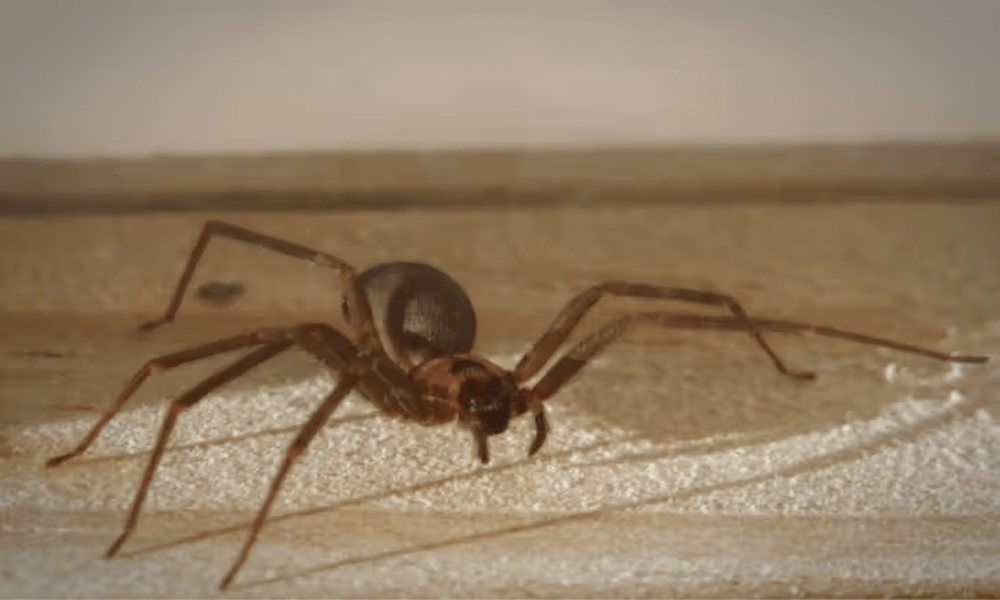
Explore essential information about the brown recluse spider, including facts about its behavior, habitat, and prevention tips to stay safe from its bite.
What is a Brown Recluse Spider?
This insect, also known as Loxosceles reclusa, is a venomous spider native to the United States. It belongs to the family Sicariidae and is known for its distinctive violin-shaped marking on its cephalothorax.
Brown Recluse Spider Facts
- These are typically light to medium brown in color, with a darker violin-shaped mark on their back.
- They are usually found in dark, secluded areas such as closets, attics, basements, and woodpiles.
- They are not aggressive and usually only bite when threatened or disturbed.
- Their venom can cause necrotic lesions or “brown recluse spider bites,” which may require medical attention.
- Despite their venomous nature, they do play a beneficial role in controlling insect populations.
Brwon recluse bite Symptoms
- The bites may initially cause mild stinging or burning sensations.
- Within hours, the bite site may develop into a red, swollen area with a central blister or ulcer.
- In severe cases, the tissue around the bite may become necrotic, leading to the formation of an open wound.
Prevention Tips
- Keep your home clean and clutter-free to reduce hiding places for the harmful spiders.
- Shake out clothing, shoes, and bedding before use, especially if they have been stored in areas where spiders may be present.
- Seal cracks and crevices in walls, floors, and foundation to prevent spiders from entering your home.
- Use sticky traps or insecticides designed to target brown recluse spiders in areas where they are commonly found.
Conclusion
Understanding the behavior and habits of the brown recluse spider is essential for preventing bites and minimizing the risk of encounters. By following simple prevention tips and staying vigilant, you can help protect yourself and your family from potential spider bites. Stay informed, stay safe!
Recommended for you:















